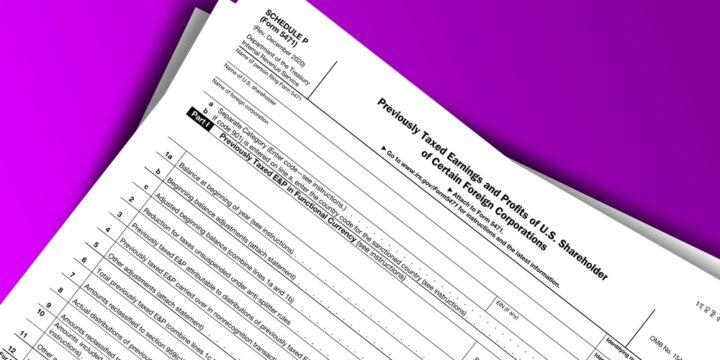
A Closer Look at the 2021 Schedule I-1for IRS Form 5471
By Anthony Diosdi Schedule I-1 for Form 5471 is used to report information determined at the CFC level with respect to amounts used in “global intangible low-taxed income” or GILTI inclusions by U.S. shareholders. The information from Schedule I-1 is used by U.S. shareholder(s) of a CFC to file IRS Form 8892, U.S. Shareholder Calculation of GILTI, and may assist in the completion of Form 1118 and 1116. Who Must Complete the Form 5471 Schedule RAnyone preparing a Form 5471 knows that the return consists of many schedules. Schedule R is just one schedule of the Form 5471. Whether or not a CFC shareholder is required to complete Schedule R depends on what category of filer he or she can be classified as. For purposes of Form 5471, CFC shareholders…








